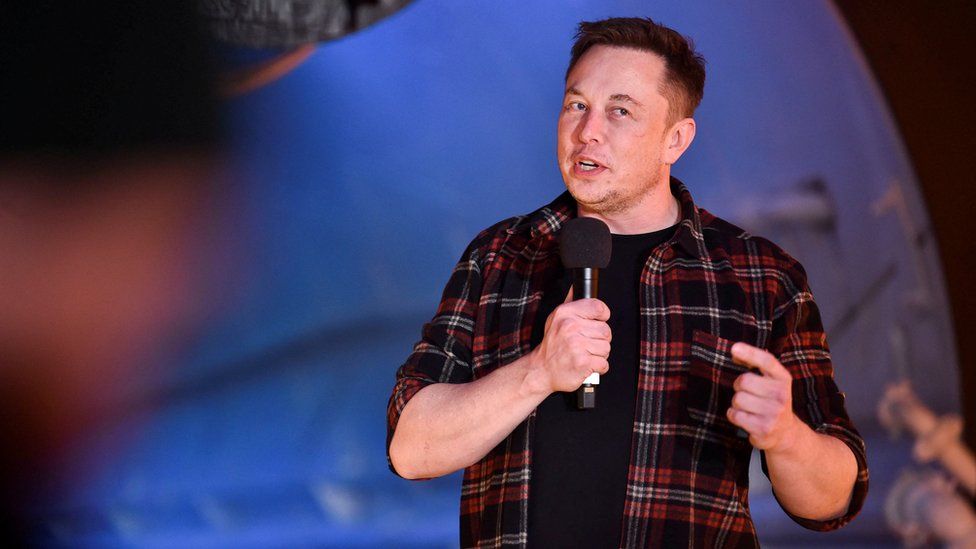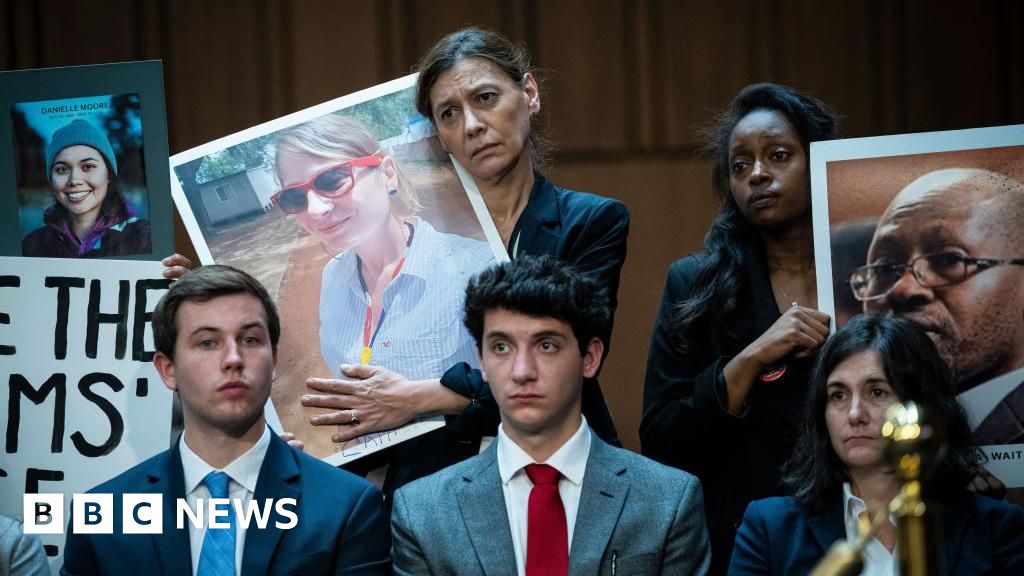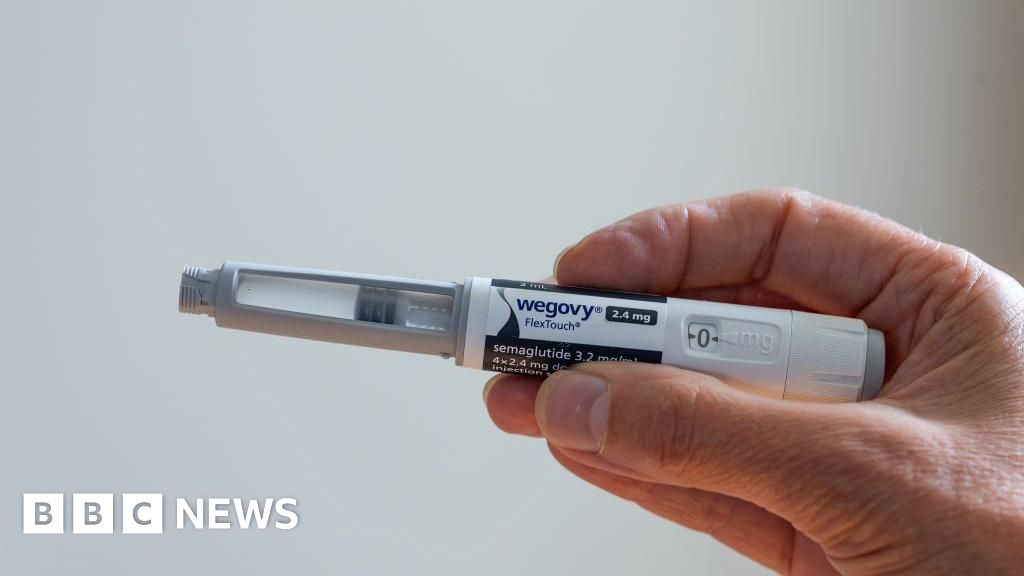ARTICLE AD BOX
 Image source, Reuters
Image source, Reuters
Elon Musk has become the world's richest person thanks to his Tesla holdings
The eye-popping $56bn pay package that Tesla granted boss Elon Musk in 2018 is being contested in a US court.
A shareholder has asked a US judge to rescind the award, which was seen as the biggest on record when the electric carmaker announced it four years ago.
The package tied Mr Musk's compensation to performance targets, such as Tesla's share price and profitability.
But the lawsuit says the company misled investors, suggesting that the goals were difficult when they were not.
Mr Musk, whose rank as the world's wealthiest person is tied to his Tesla shareholdings, is due to appear in court on Wednesday to defend the package.
The outcome of the case may not be known for months.
When Tesla put forward the 10-year pay package in 2018, it attracted widespread public attention.
Several shareholder advisory groups advised voting against the plan, saying it was overly generous. The package is six times bigger than the salaries of America's top 200 chief executives combined in 2021, according to recent calculations by research firm Equilar.
At the time, Tesla was under pressure and burning cash as it struggled to ramp up the rollout of the Tesla sedan, which was meant to introduce the company to a wider market.
Approval of the remuneration package, which allowed Mr Musk to purchase Tesla stock at a deep discount if the firm met targets, was seen as a vote of confidence in Mr Musk.
Ira Ehrenpreis, a Tesla board member since 2007, told the court on Monday that the package was designed to keep Mr Musk engaged at Tesla, instead of leaving for other pursuits.
The package won approval from more than 70% of Tesla shareholders - although the lawsuit says many of those shares belonged to people closely tied to Mr Musk.
The lawsuit has been brought by Richard Tornetta, a minor shareholder who has a business selling car parts for stereo systems. He also says Tesla misled the public by suggesting its targets were difficult when, in fact, the company had always expected to meet them.
The trial is being overseen by the judge that oversaw the lawsuit between Mr Musk and Twitter. That dispute ended before coming to trial when Mr Musk agreed to buy the social media site for $44bn as originally promised.
Analysts say Mr Musk has better odds of winning this time.
Boards have wide authority to set pay, although they face a higher bar if the employee involved is a major shareholder.
But the lawsuit says that Tesla's board was too closely tied to Mr Musk to be considered independent, being filled with the entrepreneur's friends and his brother.

 2 years ago
45
2 years ago
45








 English (US) ·
English (US) ·